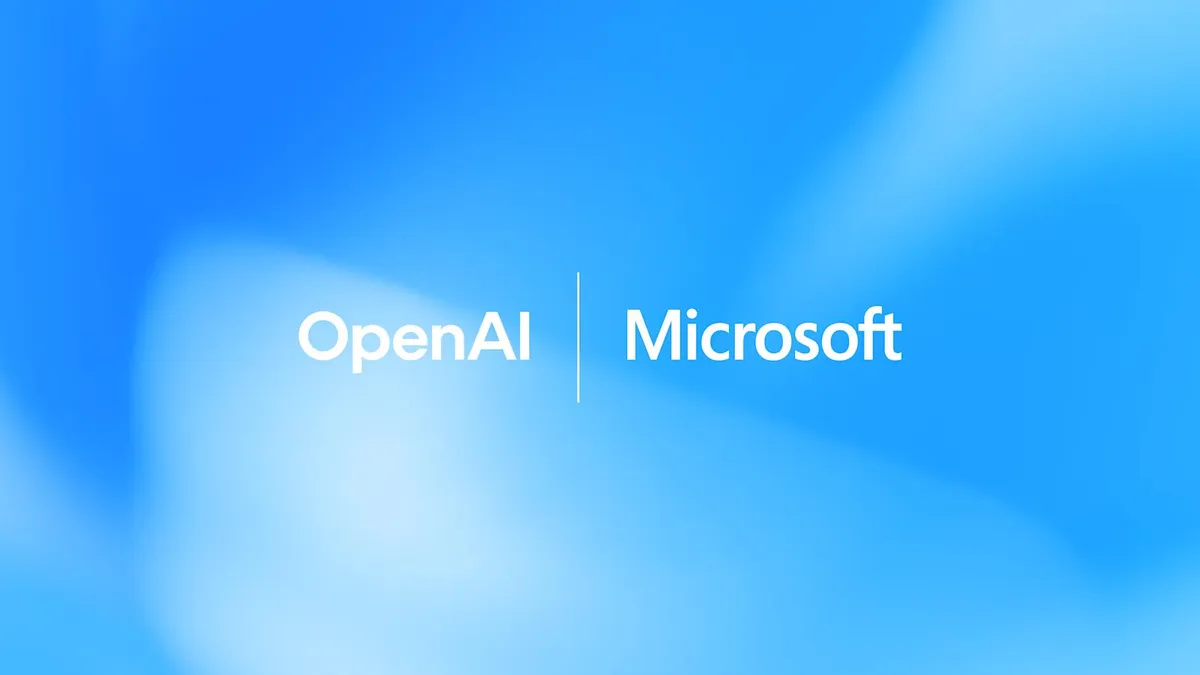
Since 2019, the collaboration between Microsoft and OpenAI has been rooted in a shared vision: to advance artificial intelligence responsibly and ensure its benefits are accessible to all. This partnership, which started as an investment in a research organization, has blossomed into one of the most successful alliances in the tech industry. As we embark on this new phase, both companies have formalized their commitment through a groundbreaking definitive agreement that not only strengthens their bond but also paves the way for long-term success.
As part of this new agreement, Microsoft is backing OpenAI's transition towards forming a public benefit corporation (PBC) and its subsequent recapitalization. Following this recapitalization, Microsoft’s investment in the OpenAI Group PBC is valued at approximately $135 billion, which translates to about 27 percent ownership on an as-converted diluted basis, inclusive of all stakeholders—employees, investors, and the OpenAI Foundation. Interestingly, excluding the recent funding rounds, Microsoft previously held a 32.5 percent stake in OpenAI’s for-profit entity.
This agreement retains essential components that have driven their successful partnership thus far, ensuring that OpenAI continues to be Microsoft’s premier model partner. Moreover, Microsoft will maintain exclusive IP rights and Azure API exclusivity until the advent of Artificial General Intelligence (AGI). The agreement also refines and introduces new provisions that empower both organizations to independently foster innovation and growth.
One of the notable changes is that once AGI is declared by OpenAI, this declaration will be verified by an independent expert panel. Microsoft’s IP rights for both models and products have been extended through 2032, now covering models developed post-AGI, with appropriate safety measures in place. Additionally, Microsoft retains rights to research, which includes confidential methods used in the development of models and systems, until either the expert panel verifies AGI or until 2030, whichever comes first.
Importantly, the research IP does not encompass model architecture, model weights, inference code, finetuning code, or any IP related to data center hardware and software; Microsoft holds on to these non-research IP rights. Furthermore, Microsoft’s IP rights will now exclude OpenAI’s consumer hardware, allowing OpenAI to jointly develop specific products with third-party companies.
Any API products developed in collaboration with third parties will be exclusive to Azure, while non-API products may be deployed on any cloud provider. This agreement also allows Microsoft to independently pursue AGI, either solo or in partnership with other entities. If Microsoft utilizes OpenAI’s IP to develop AGI before it is officially declared, the models will be subject to compute thresholds that are significantly larger than those used for training leading models today.
The revenue-sharing agreement will remain in effect until the expert panel verifies AGI, although payments will be extended over a longer duration. OpenAI has committed to purchasing an additional $250 billion in Azure services, and importantly, Microsoft will no longer have a right of first refusal as OpenAI’s compute provider. OpenAI is now also authorized to provide API access to U.S. government national security clients, irrespective of the cloud provider utilized.
Moreover, OpenAI can release models with open weights that meet specified capability criteria, further enhancing its innovation potential. As we transition into this exciting new chapter of our partnership, Microsoft and OpenAI are better positioned than ever to develop transformative products that address real-world challenges and create new opportunities for businesses and individuals alike.